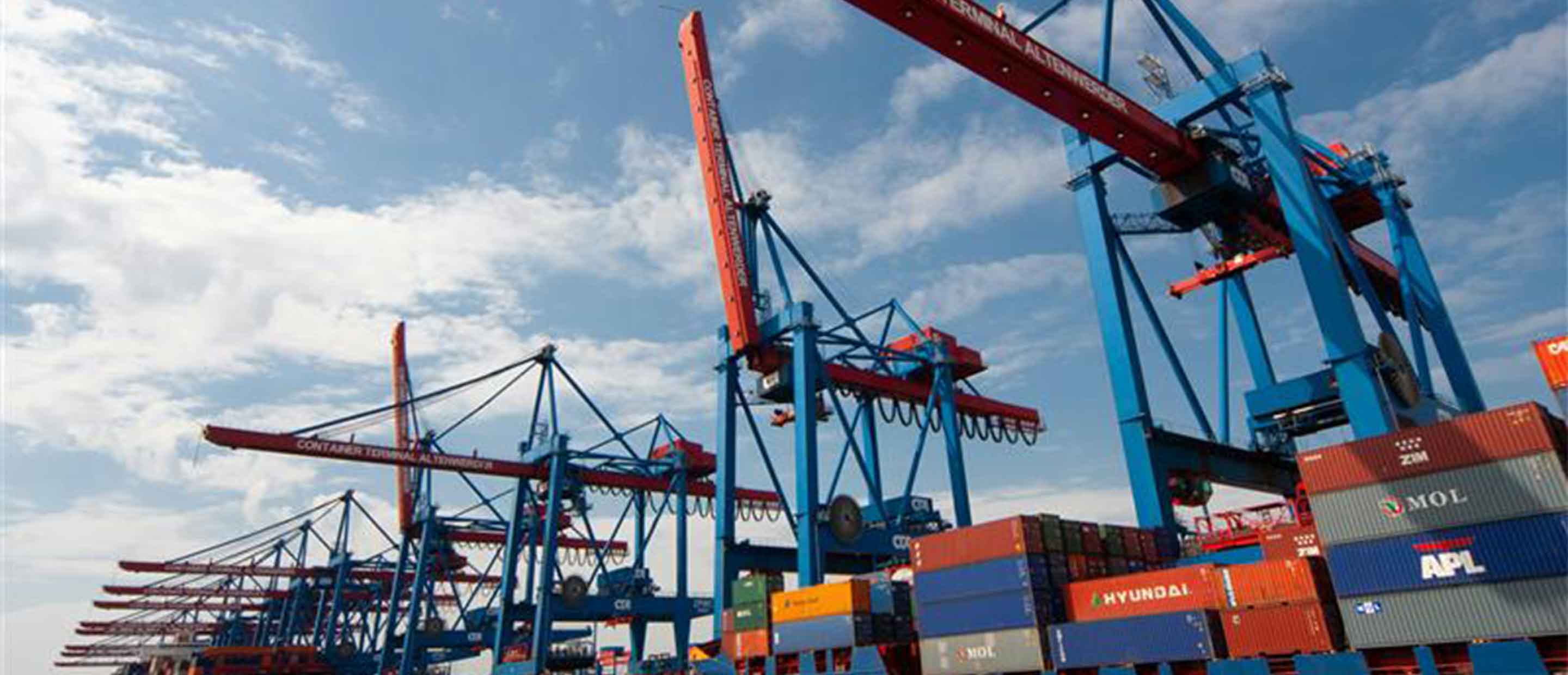Italy has weathered recent economic crises, including COVID-19 and the European energy shock, better than expected. In Q4 2023, Italy’s GDP growth was +0.2% QoQ, compared to 0.0% for the Eurozone. For the full year 2023, Italy’s growth was 0.7%, outperforming the Eurozone’s 0.5%.
Several factors contributed to Italy’s recovery. Among other factors, NextGenerationEU (NGEU), combined with the EU’s long-term budget, created a substantial stimulus package. Within NGEU, the Recovery and Resilience Facility (RRF) provided grants and loans totaling EUR723.8 billion to support reforms and investments in EU member states.
Italian capital markets performed well in 2023 and continued to do so in 2024. The FTSE MIB outperformed pan-European indices (except Greece) since the pandemic outbreak. Despite some risks, the FTSE MIB remains relatively cheap compared to other developed markets. Italian spreads to bunds tightened recently, but debt sustainability concerns persist. Overall, Italy’s positive economic backdrop is expected to continue, although risks remain.
Key takeaways:
- Italy has weathered recent crises better than expected, thanks in part to EU funding. Rising Italian industrial production, coupled with services’ resilience, bodes well.
- Disinflation, business confidence, investment and consumer purchasing power are amongst positive factors. But debt and deficit levels remain a concern.
- Italian equities have performed well, thanks in part to FTSE MIB sector composition. BTP spreads are low, with positives still outweighing negatives.







